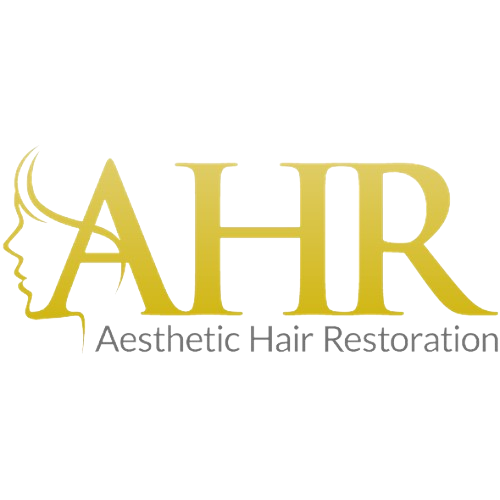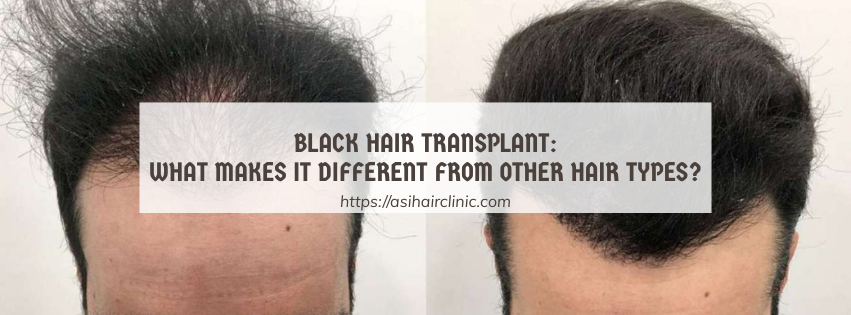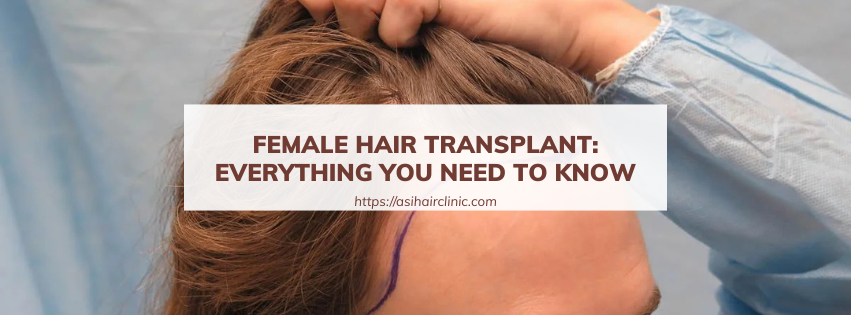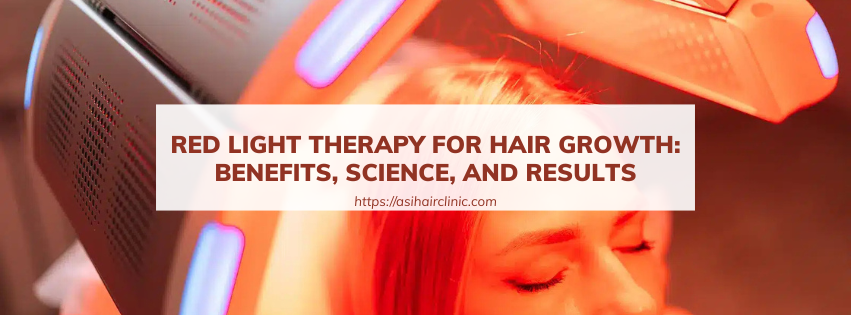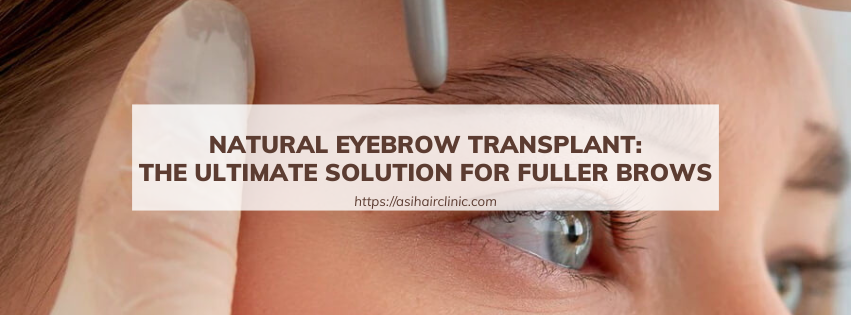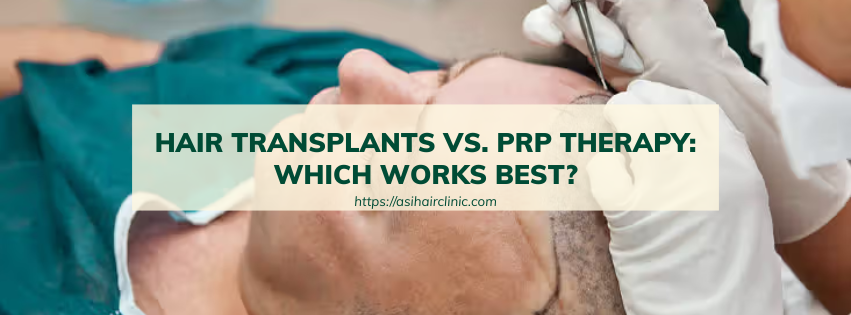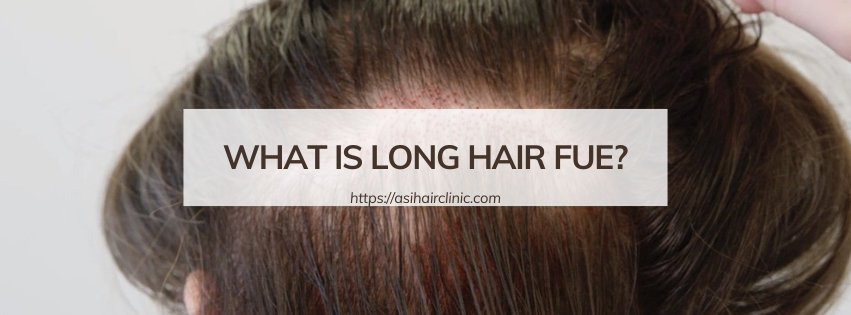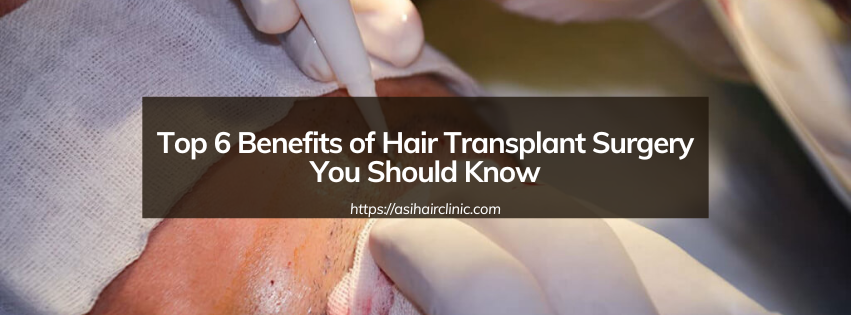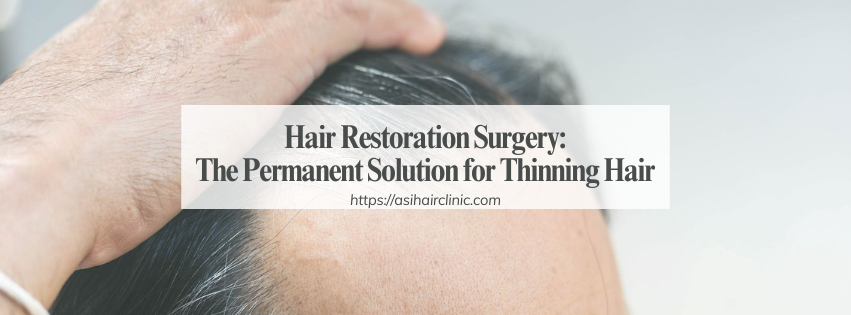Which vitamin deficiency causes hair loss?
Hair loss can be a distressing experience, impacting self-esteem and confidence. Understanding the various factors contributing to hair loss, particularly the role of vitamin deficiencies, is crucial for those seeking solutions. While genetics and medical conditions certainly play a part, this article will explore how inadequate intake of essential vitamins may lead to hair thinning and loss.
1. The Role of Vitamins in Hair Growth
Vitamins are vital for the proper functioning of our bodies, including aspects directly related to hair growth. The health of our hair follicles relies on a delicate balance of nutrients that influence different biological processes involved in hair production.
1.1. Cell Growth and Division
Cell growth and division are fundamental processes that determine the overall health of hair follicles. This is where vitamins come into play, as they act as co-factors in these cellular mechanisms. For example, Vitamin B7 (Biotin) plays a significant role in keratin synthesis, ensuring that hair strands grow strong and healthy. Without adequate levels of this crucial vitamin, hair follicles may struggle to proliferate, leading to thinner hair.
In addition, certain B vitamins like B12 and B9 (folate) also contribute to cell division. A deficiency in these vitamins can result in impaired growth cycles for your hair, causing it to enter the shedding phase prematurely. This means that keeping track of your vitamin intake is not just a matter of health; it’s a necessity for maintaining a full head of hair.
1.2. Blood Circulation
Healthy blood circulation ensures that hair follicles receive the necessary nutrients and oxygen they require for optimal growth. Vitamins such as Vitamin E and Vitamin C promote healthy blood vessel function, thereby enhancing circulation to the scalp. This improved blood flow brings with it vital nutrients that assist in hair follicle health.
Conversely, a deficiency in these vitamins can impair circulation, preventing hair follicles from receiving essential elements needed for growth. This lack of nutrient delivery can lead to hair loss, effectively starving the follicles and reducing their ability to produce robust hair strands.
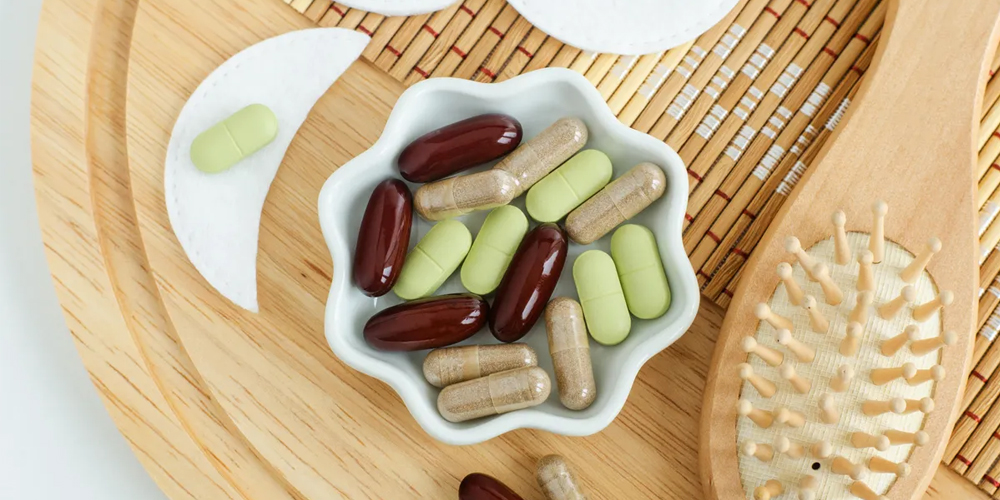
1.3. Protein Synthesis
The primary component of hair is a protein known as keratin. Therefore, efficiently synthesizing keratin is critical for healthy hair development. Vitamins such as Biotin and Vitamin D serve as essential co-factors in the protein synthesis process. If you are deficient in these vitamins, your body may struggle to produce sufficient keratin, leading to brittle hair that breaks easily or becomes thin and lifeless.
Moreover, ensuring that you have an adequate intake of amino acids, which are the building blocks of proteins, is equally important. With insufficient protein in your diet, the hair's structure may become compromised, resulting in hair loss over time.
1.4. Sebum Production
Sebum is a natural oil produced by the sebaceous glands in the scalp, and it plays a critical role in hair health. It helps moisturize the hair and protects it from environmental damage. Vitamin A is particularly important for sebum production. When there’s a vitamin A deficiency, the scalp may become dry, leading to flaky skin and a lack of moisture in the hair itself.
A well-moisturized scalp can help prevent hair loss due to breakage. When hair is hydrated and protected by sebum, it becomes less prone to external damage. Thus, a balanced level of Vitamin A is crucial in maintaining both scalp and hair health.
2. Vitamins Directly Linked to Hair Loss
Several vitamins have been identified as playing a pivotal role in hair growth and maintenance. Their deficiencies can lead to notable changes in hair health, potentially triggering hair loss.
2.1. Biotin (Vitamin B7)
Biotin is one of the most talked-about vitamins when it comes to hair health. It is essential for keratin production, acting as a foundation for hair structure. A lack of biotin can result in thinning hair, brittleness, and even widespread hair loss.
Many people suffering from hair loss often turn to biotin supplements, hoping to rejuvenate their hair growth. However, it’s essential to note that while supplementation can help, dietary sources should not be overlooked. Foods rich in biotin include eggs, nuts, seeds, and certain vegetables like sweet potatoes.
Deficiencies in biotin can stem from several factors, including poor dietary choices, malabsorption issues, or even side effects from medications. Addressing these root causes is crucial for restoring hair vitality.
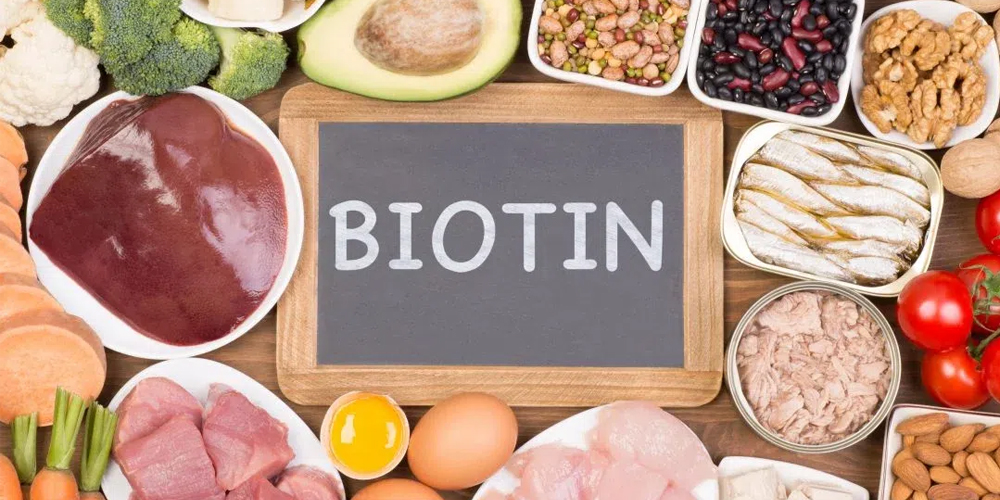
2.2. Vitamin D
The significance of Vitamin D extends beyond bone health; it also plays an essential role in hair follicle cycling. Low levels of Vitamin D have been correlated with various forms of hair loss, including alopecia areata and telogen effluvium. This vitamin promotes the growth and differentiation of hair follicle cells, making it crucial for healthy hair regeneration.
To boost Vitamin D levels, exposing yourself to sunlight for at least 15-20 minutes a day, while balancing proper sun protection, is advisable. Alternatively, you can incorporate Vitamin D-rich foods into your diet, such as fatty fish, fortified dairy products, and egg yolks.
Individuals living in regions with limited sunlight or with darker skin pigmentation may need to take additional precautions to ensure they meet adequate Vitamin D levels.
2.3. Iron (and Ferritin)
Iron is fundamental for red blood cell production, which is vital for transporting oxygen throughout the body, including the scalp. An iron deficiency can cause hair to thin out, shed excessively, and exhibit signs of fragility.
Vegetarians and vegans are particularly susceptible to iron deficiency if their diets do not include iron-rich foods. To combat this, incorporating lentils, beans, and fortified cereals can go a long way in boosting iron levels.
Moreover, it's worth noting that ferritin, a protein that stores iron in the body, is equally important. Low ferritin levels often correlate with hair shedding. Regular testing can help identify deficiencies early, allowing for timely intervention.
2.4. Zinc
Zinc plays a multifaceted role in hair health by supporting cell growth, wound healing, and immune function. A deficiency in zinc can lead to hair shedding and slow down hair growth. Moreover, individuals with zinc deficiency often experience a compromised immune system, which can further exacerbate hair loss.
Dietary sources of zinc include oysters, pumpkin seeds, chickpeas, and lean meats. Incorporating these foods into your diet can help maintain optimal zinc levels. Additionally, understanding the impact that excessive alcohol consumption and certain medications can have on zinc absorption is equally important for those facing hair loss challenges.
2.5. Vitamin A
While Vitamin A is well-known for its benefits for vision and immune function, it is also essential for maintaining healthy skin and hair. This vitamin supports sebum production, which is crucial for moisturizing the scalp and preventing dry, brittle hair.
However, it’s important to strike a balance; too much Vitamin A can actually lead to toxicity and hair loss. Most individuals can obtain adequate levels of Vitamin A through a varied diet rich in colorful fruits and vegetables, especially orange and yellow produce.
For those finding themselves deficient, careful supplementation under healthcare supervision can help restore balance without risking excess.
2.6. Vitamin C
Vitamin C is another antioxidant that contributes significantly to hair health. Not only does it aid in collagen synthesis-an essential component for hair structure-but it also supports the overall health of blood vessels, ensuring that hair follicles receive adequate nourishment.
Although Vitamin C deficiency is rare, its effects can lead to brittle hair and increased shedding. Individuals who smoke or suffer from certain medical conditions affecting nutrient absorption may be particularly vulnerable.
Fruits like oranges, strawberries, and kiwis are excellent sources of Vitamin C. Integrating these into your diet can bolster hair health while enhancing your immune function.
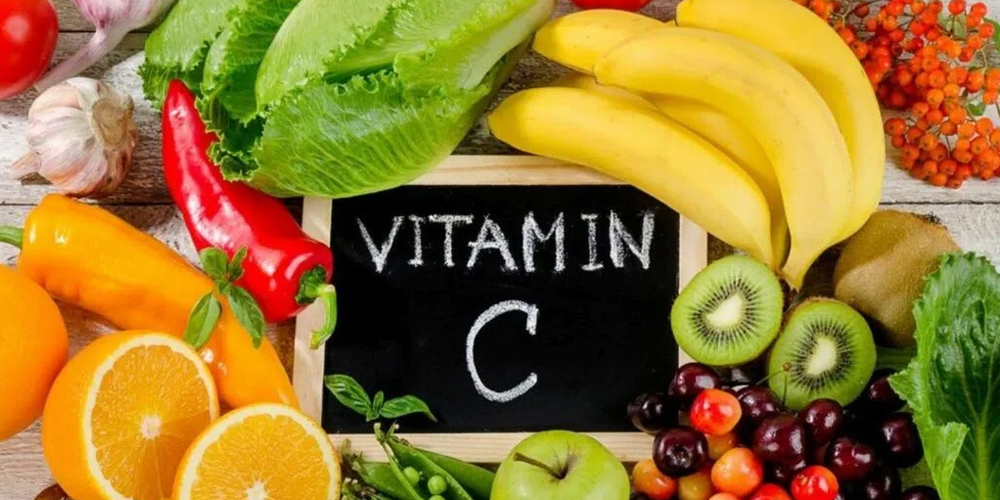
3. Identifying and Addressing Vitamin Deficiencies
If you suspect that your hair loss may be linked to a vitamin deficiency, it’s imperative to consult with a healthcare professional or dermatologist. They can guide you through identifying the underlying cause of your hair loss and recommend tailored interventions.
3.1. Diagnosis
To begin the diagnostic process, healthcare providers often perform blood tests to assess levels of various vitamins, iron, and ferritin. A thorough physical examination is also essential to evaluate any visible symptoms that might indicate deficiencies.
Upon gathering this information, healthcare professionals can formulate a comprehensive plan tailored to your specific needs. This may include dietary adjustments, supplementation, or addressing any underlying medical conditions that could be contributing to deficiencies.
3.2. Treatment
Depending on the results of diagnostic tests, treatment options can vary. Dietary changes may be the first step, as incorporating more nutrient-dense foods can revitalize hair health.
Additionally, supplementation might be recommended to quickly restore levels of deficient vitamins. It's vital to follow healthcare professionals' advice precisely regarding dosage and type of supplement, as taking excessive amounts can lead to adverse effects.
3.3. Addressing Underlying Medical Conditions
If an underlying medical condition is identified as contributing to the deficiency, managing that condition becomes paramount. Whether it involves treating gastrointestinal issues that inhibit nutrient absorption or adjusting medications that negatively impact vitamin levels, addressing these underlying factors can pave the way toward restoring hair health.
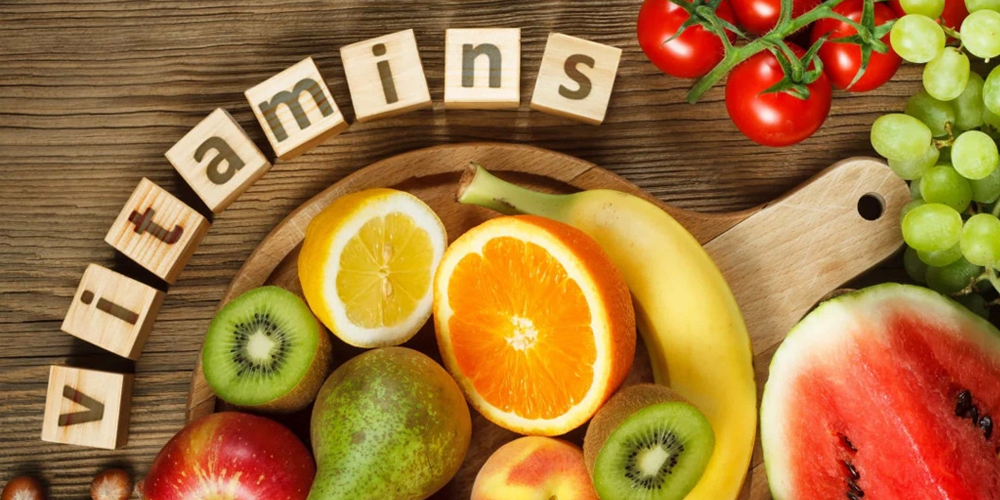
4. Preventing Vitamin Deficiencies and Maintaining Healthy Hair
Maintaining healthy hair goes far beyond addressing deficiencies when they arise. Proactive measures can help prevent vitamin deficiencies and ensure the longevity of your hair.
Eat a Balanced Diet: A balanced diet rich in fruits, vegetables, whole grains, lean proteins, and healthy fats provides the necessary foundations for a healthy body and hair. Prioritizing variety ensures that you get the necessary vitamins and minerals required for optimum hair growth.
Prioritize Iron-Rich Foods: Including red meats, fish, legumes, nuts, and leafy greens in your diet can help ensure that you maintain adequate iron levels. For vegetarians and vegans, focusing on plant-based sources and pairing them with vitamin C-rich foods can enhance iron absorption.
Boost Your Vitamin D: To avoid Vitamin D deficiency, aim for regular exposure to sunlight, particularly during peak hours. When sunlight is limited, consider incorporating fortified foods and supplements into your routine to maintain healthy levels.
Include Biotin and Zinc-Rich Foods: Eggs, nuts, seeds, and whole grains are excellent sources of biotin, while shellfish, seeds, and legumes provide ample zinc. Including these foods regularly in your diet can help fortify your hair against potential deficiencies.
Maintain a Healthy Lifestyle: Healthy lifestyle choices such as limiting alcohol consumption, getting adequate sleep, and managing stress can have a profound effect on maintaining vitamin levels, ultimately benefiting hair health.
Conclusion
Understanding the intricate relationship between vitamin deficiencies and hair loss empowers individuals to take active steps toward restoring their hair health. By identifying key vitamins that support hair growth and incorporating them into a balanced diet, one can mitigate hair loss and foster an environment conducive to vibrant, healthy hair. Regular consultations with healthcare professionals can further guide individuals in navigating challenges related to vitamin deficiencies, ensuring that both hair health and overall well-being are prioritized.
LATEST POSTS
